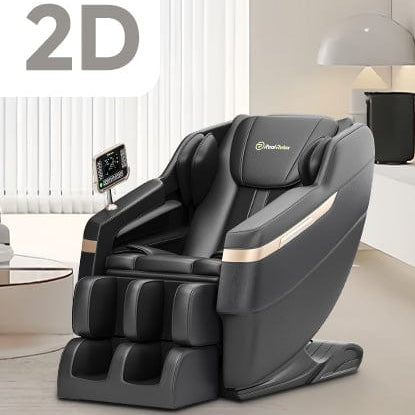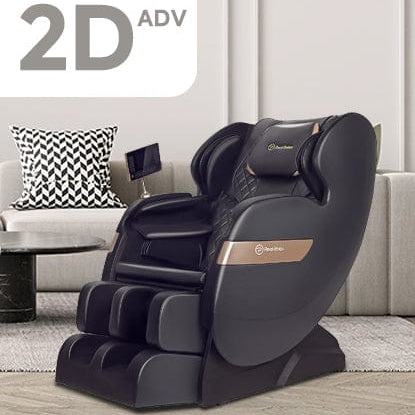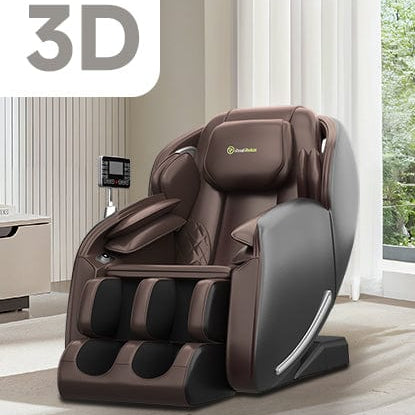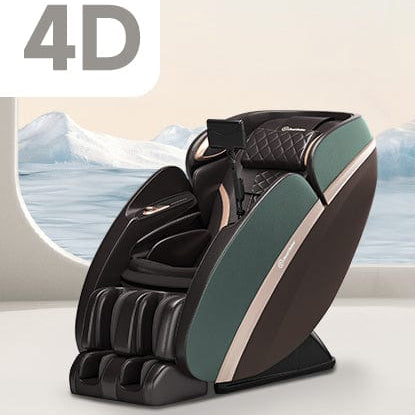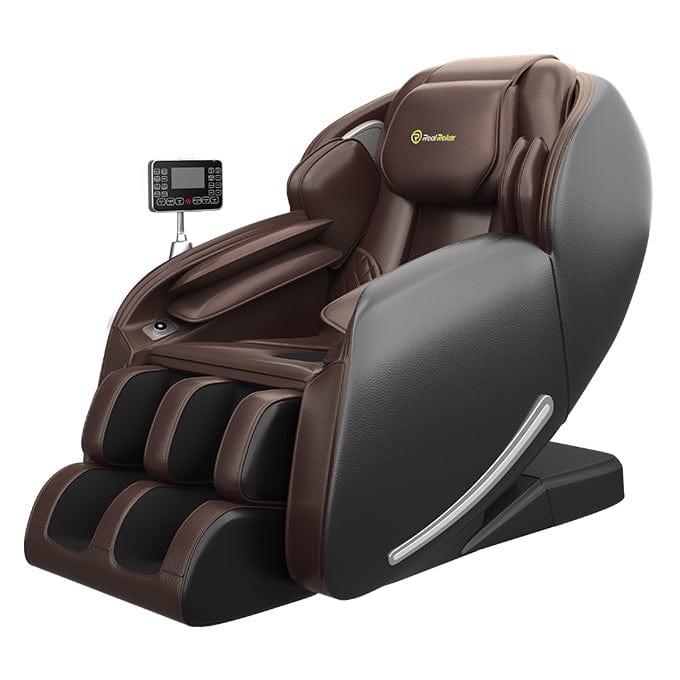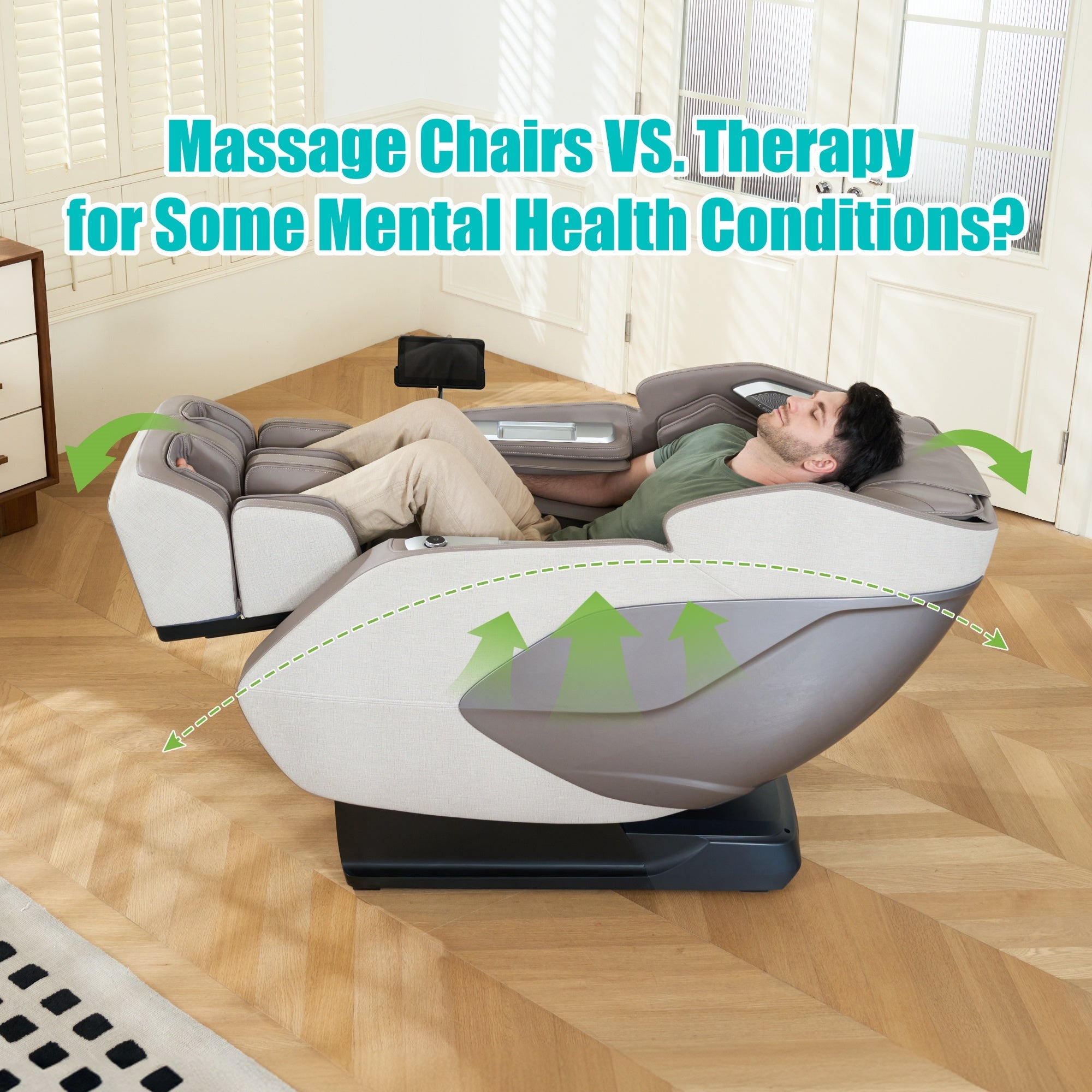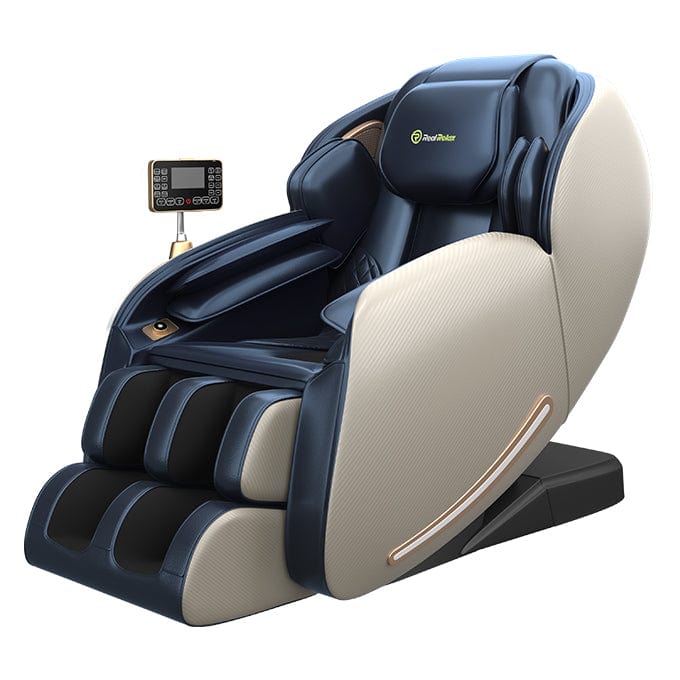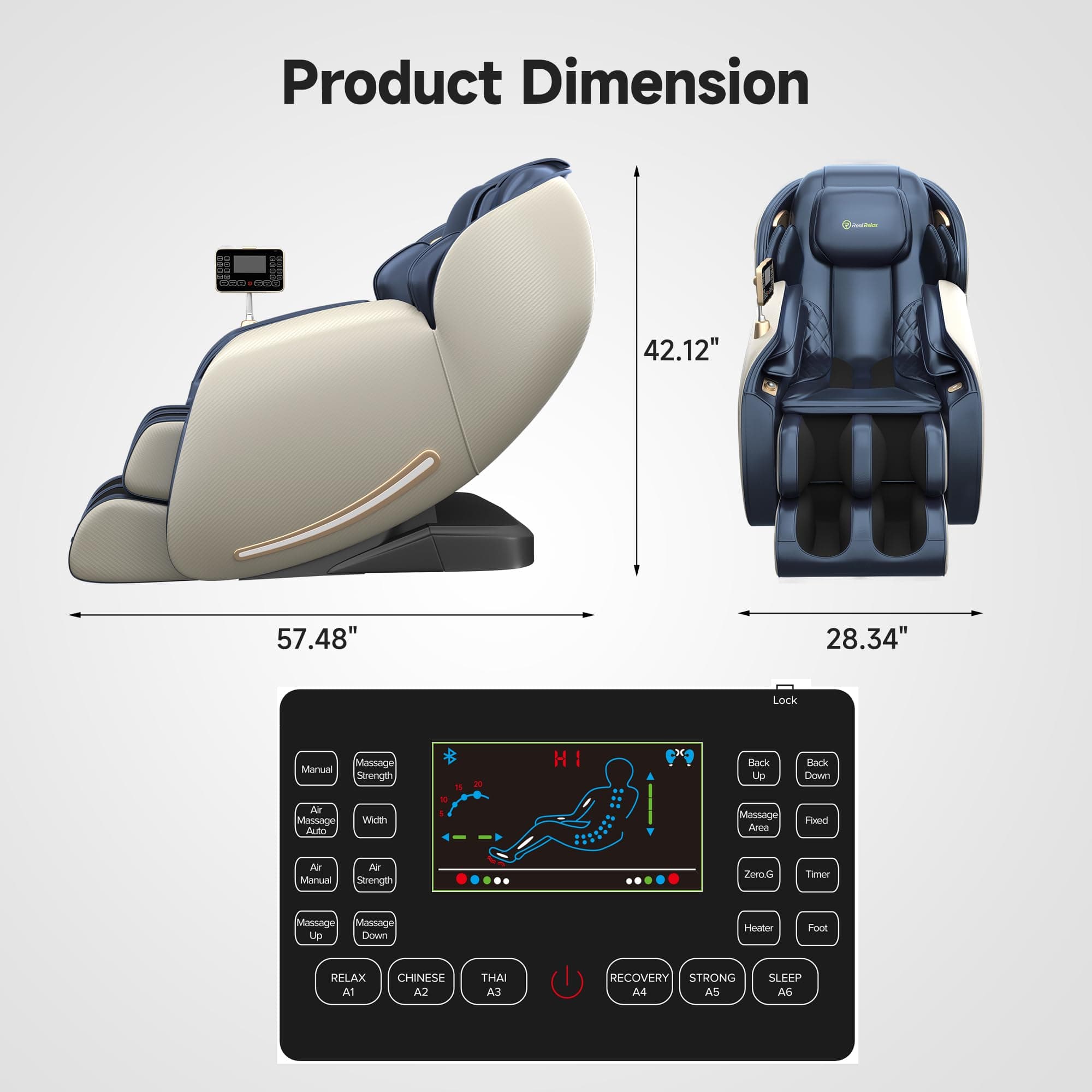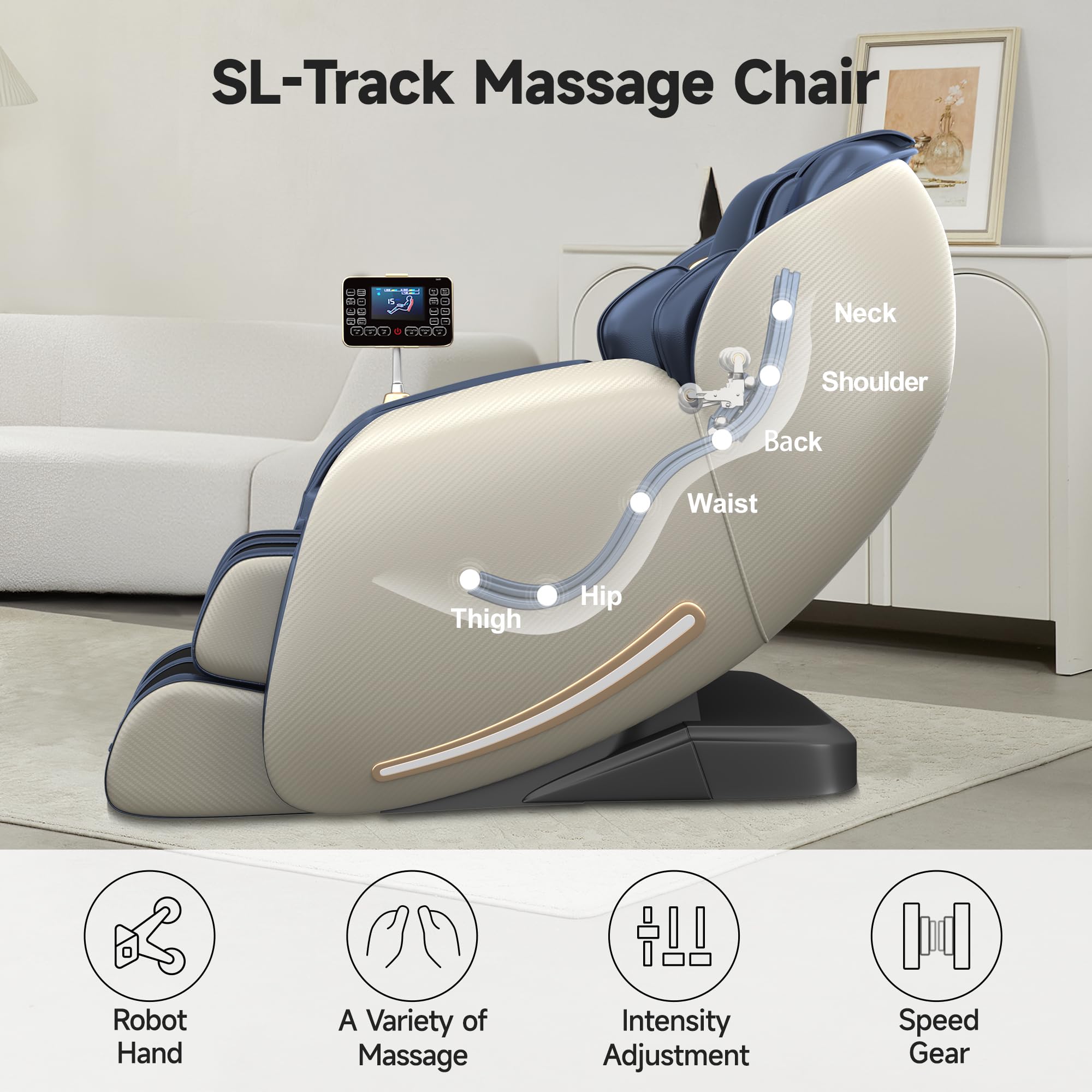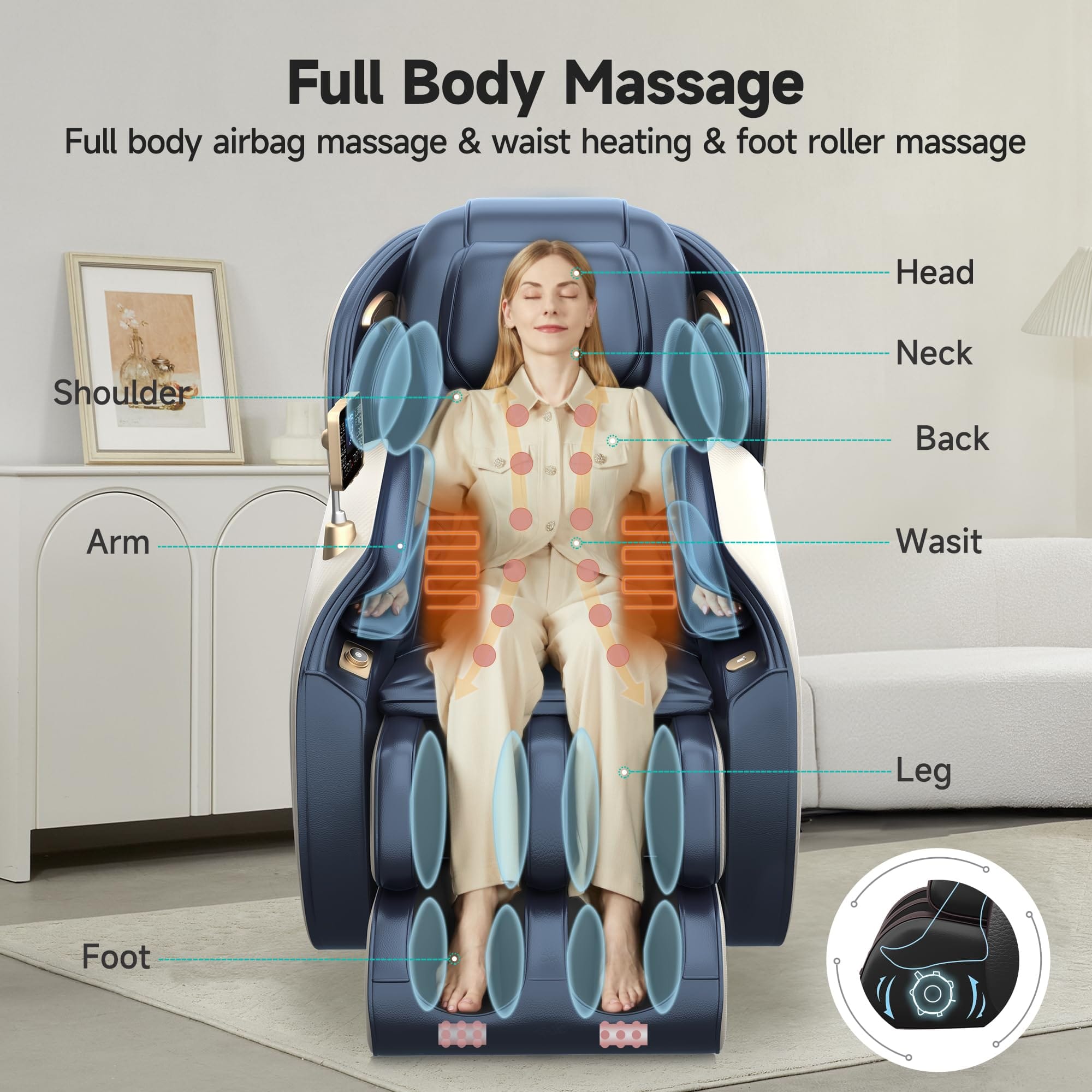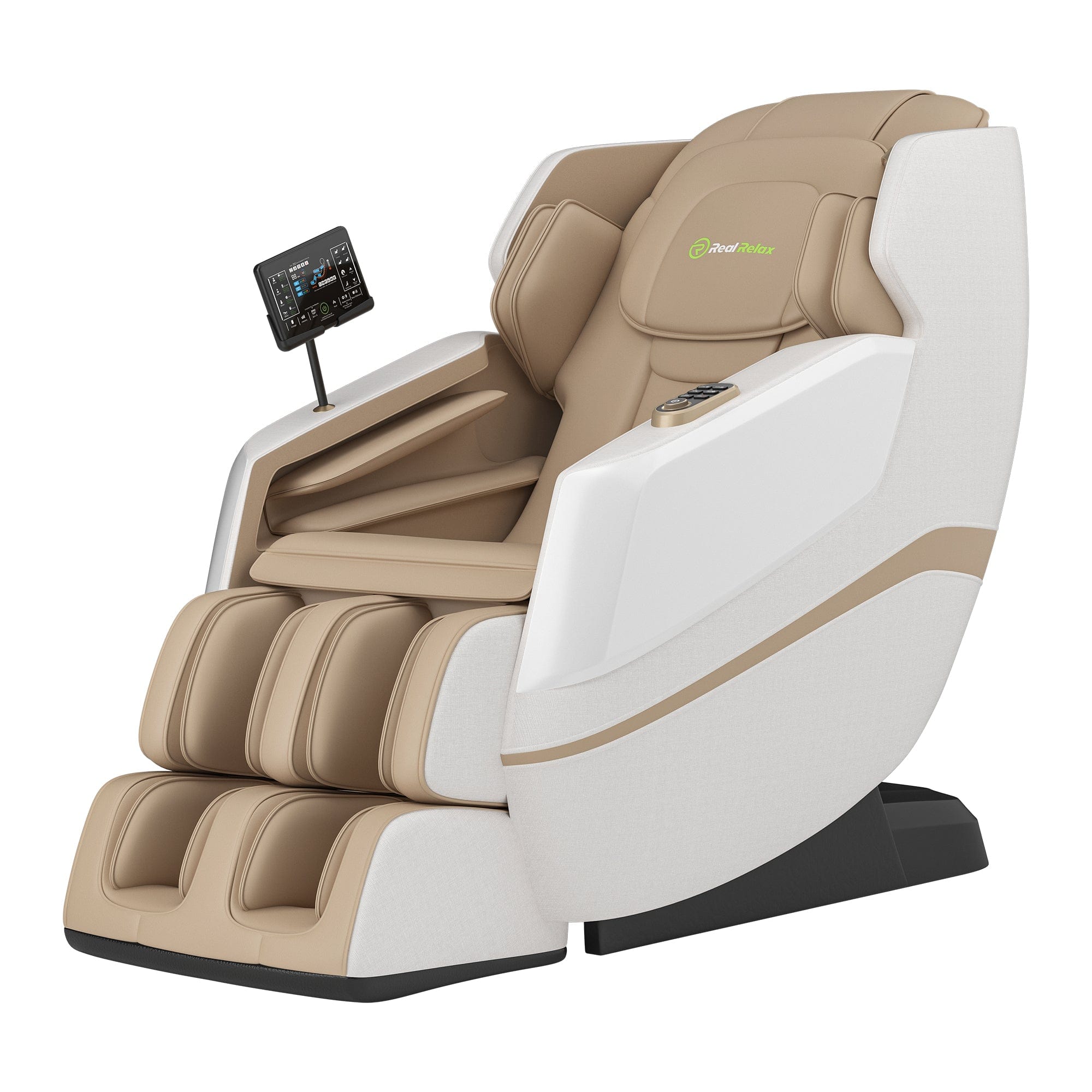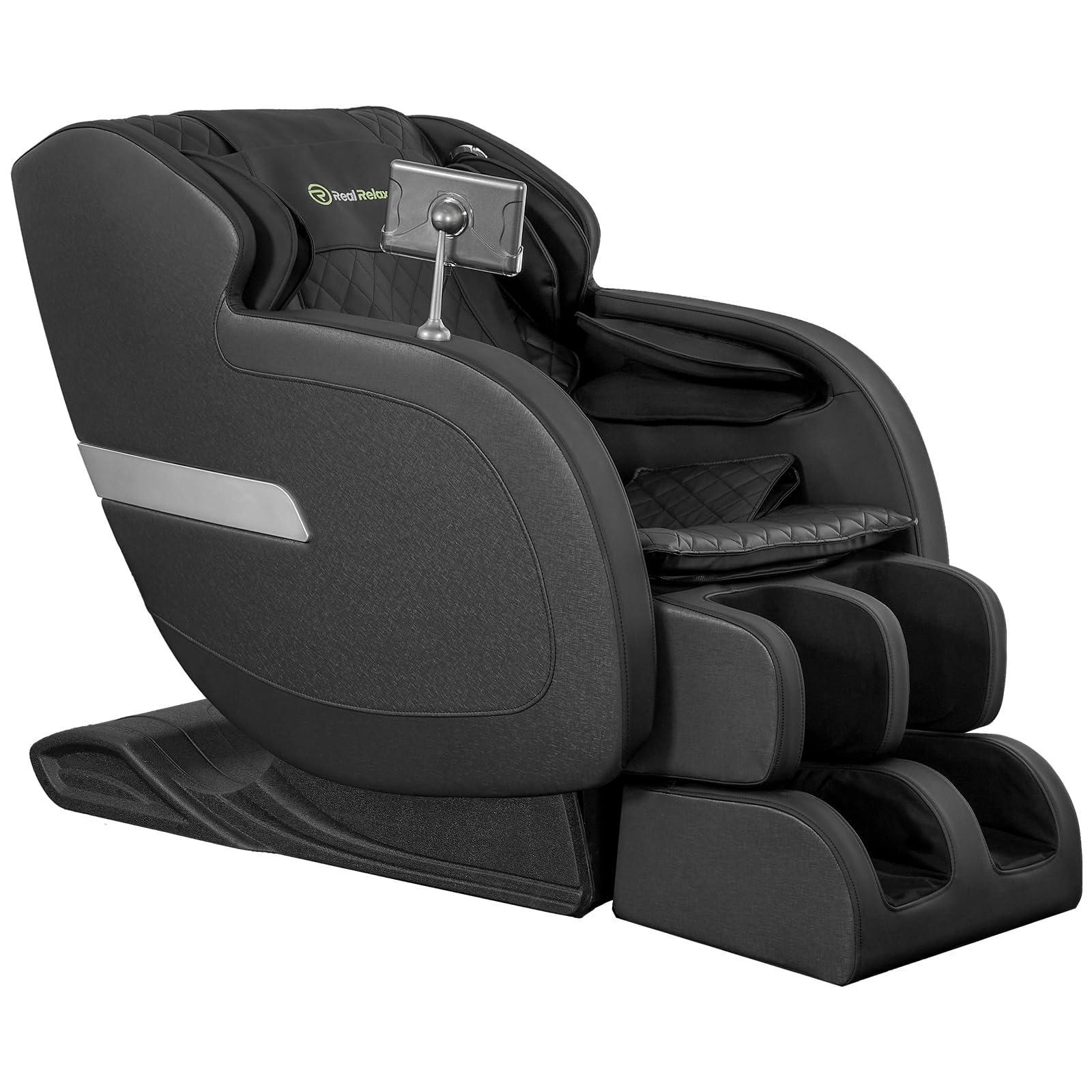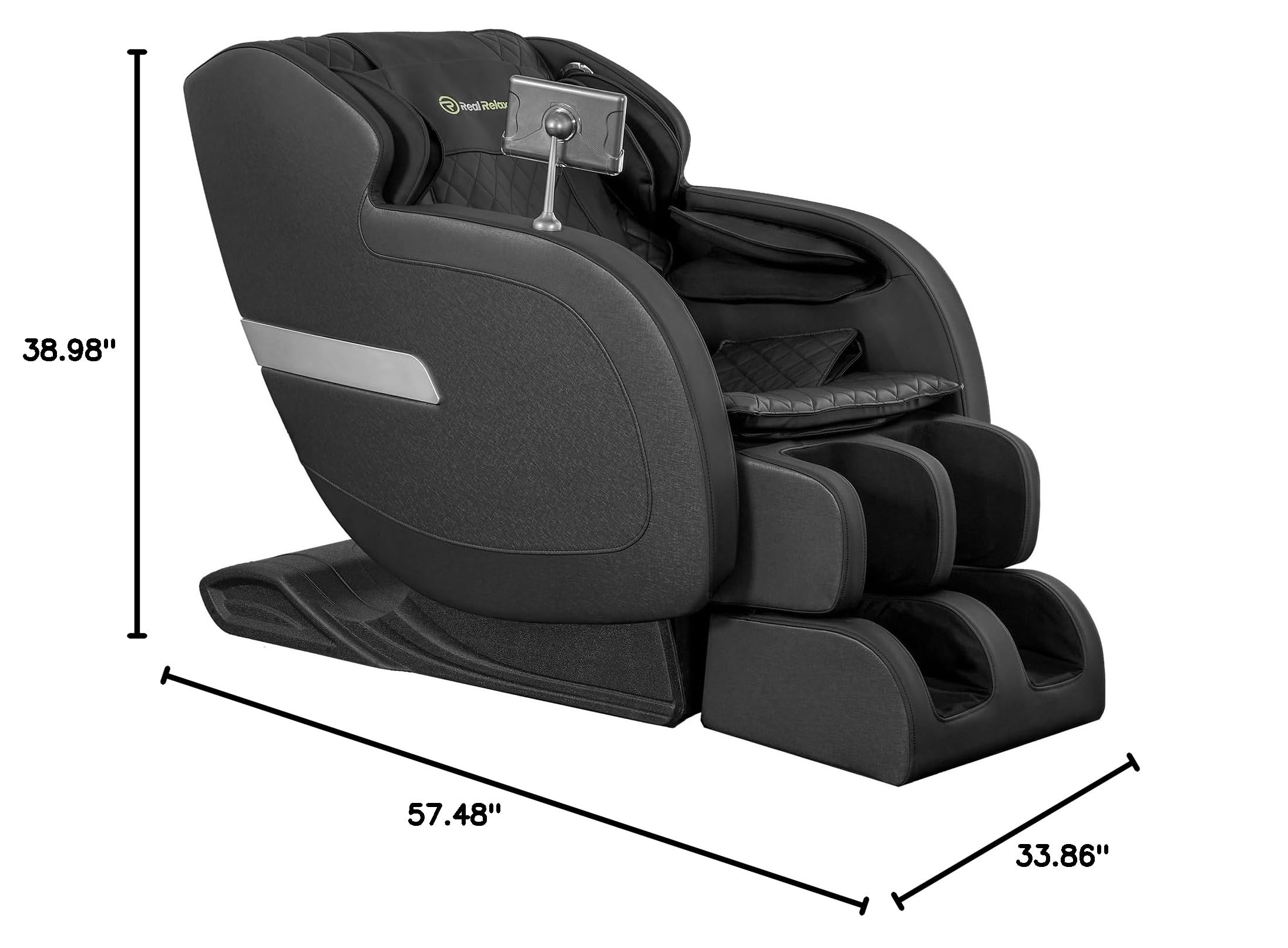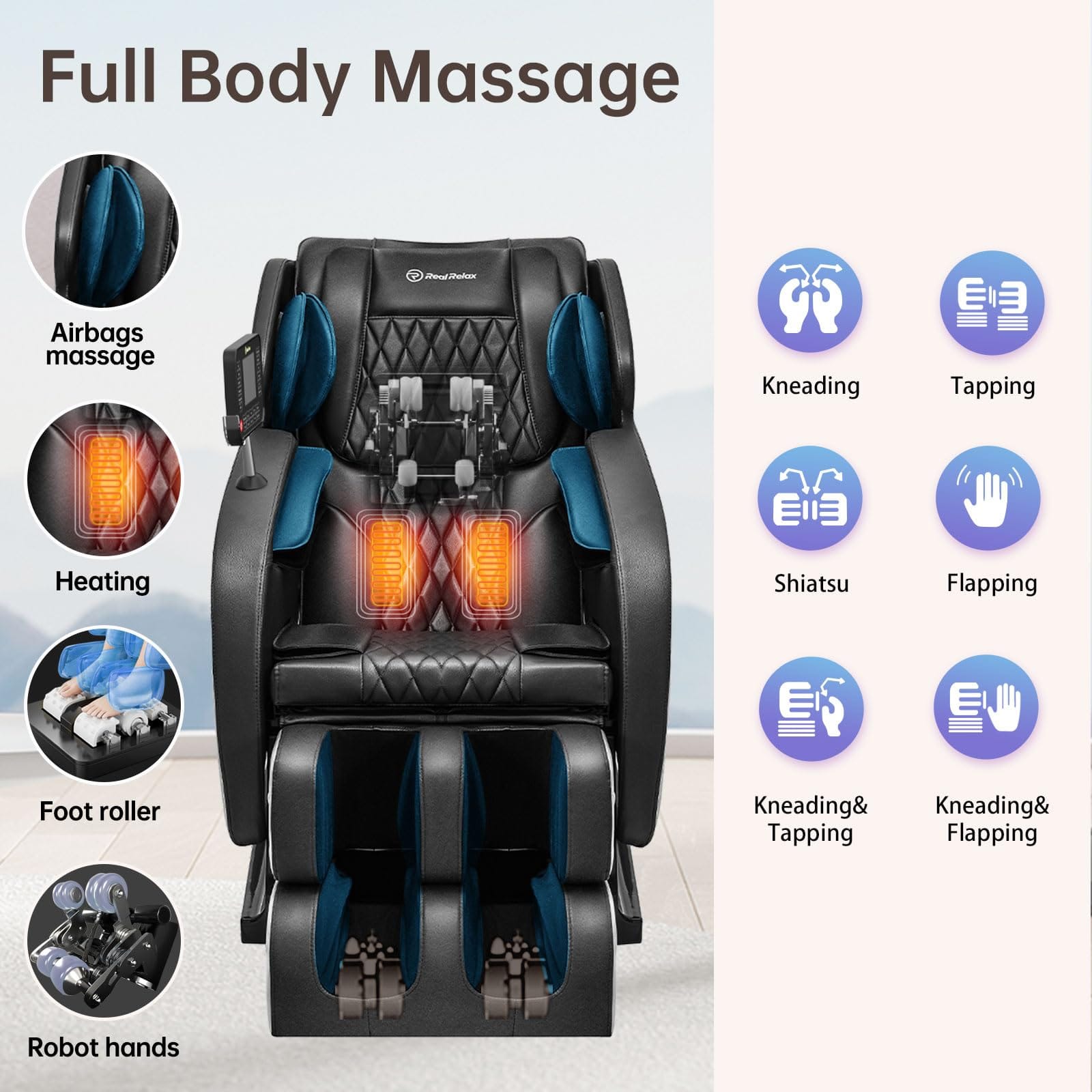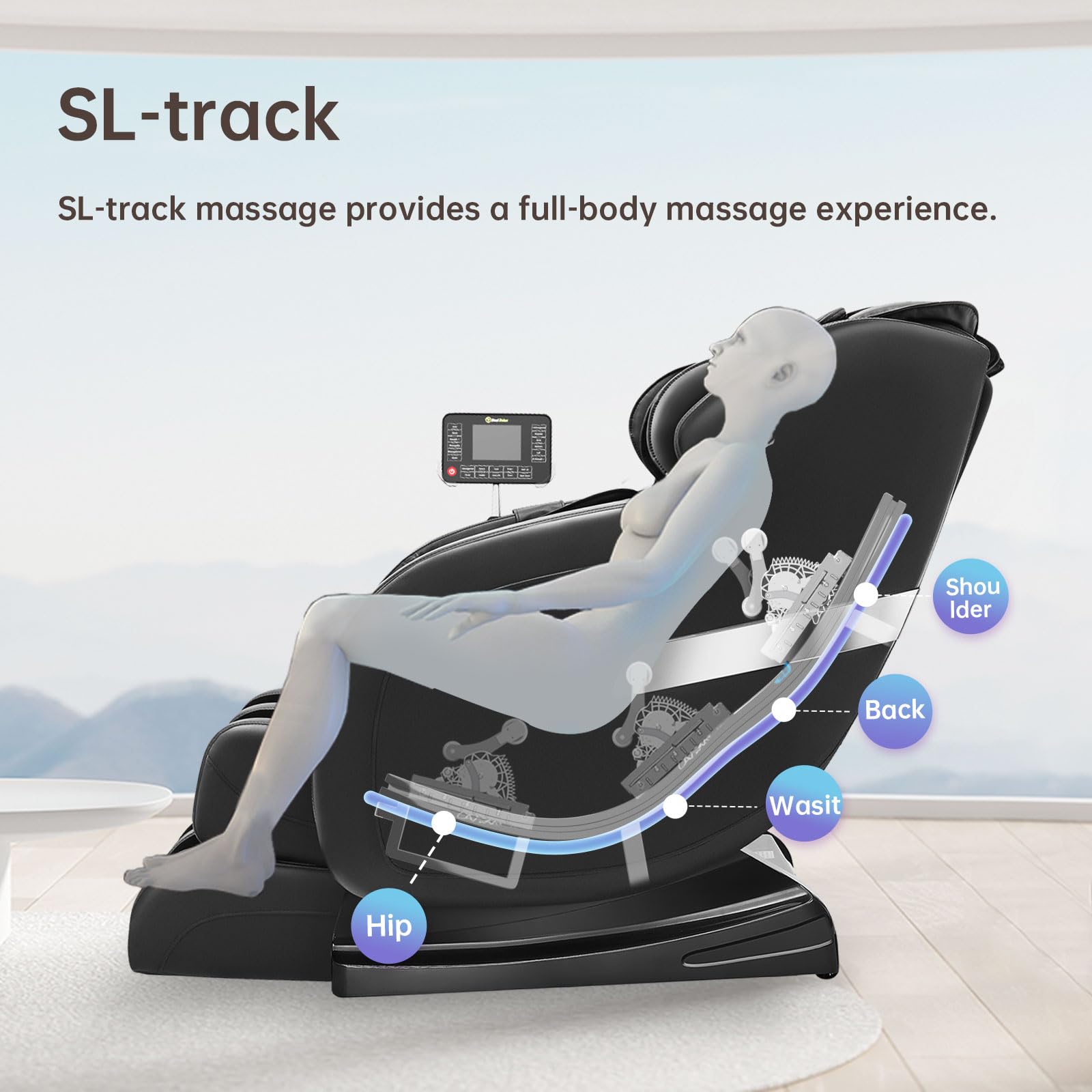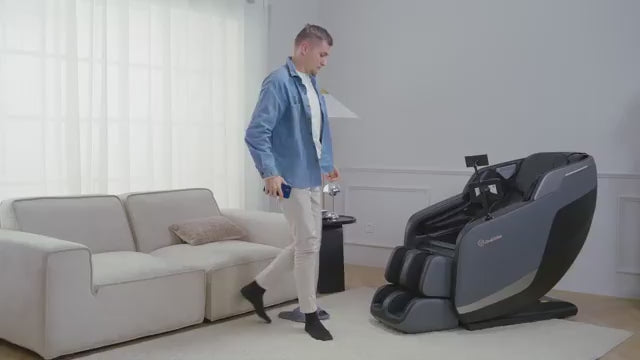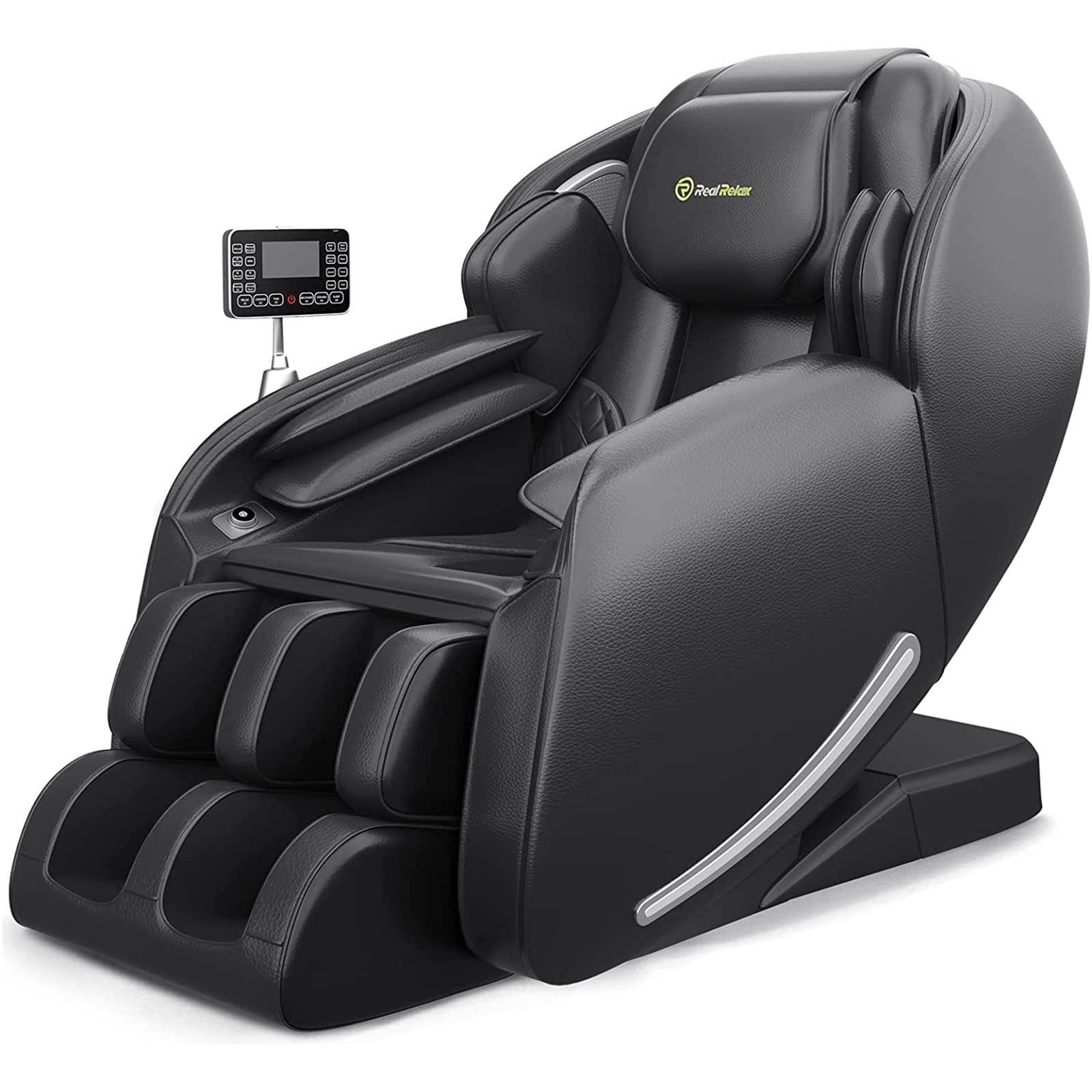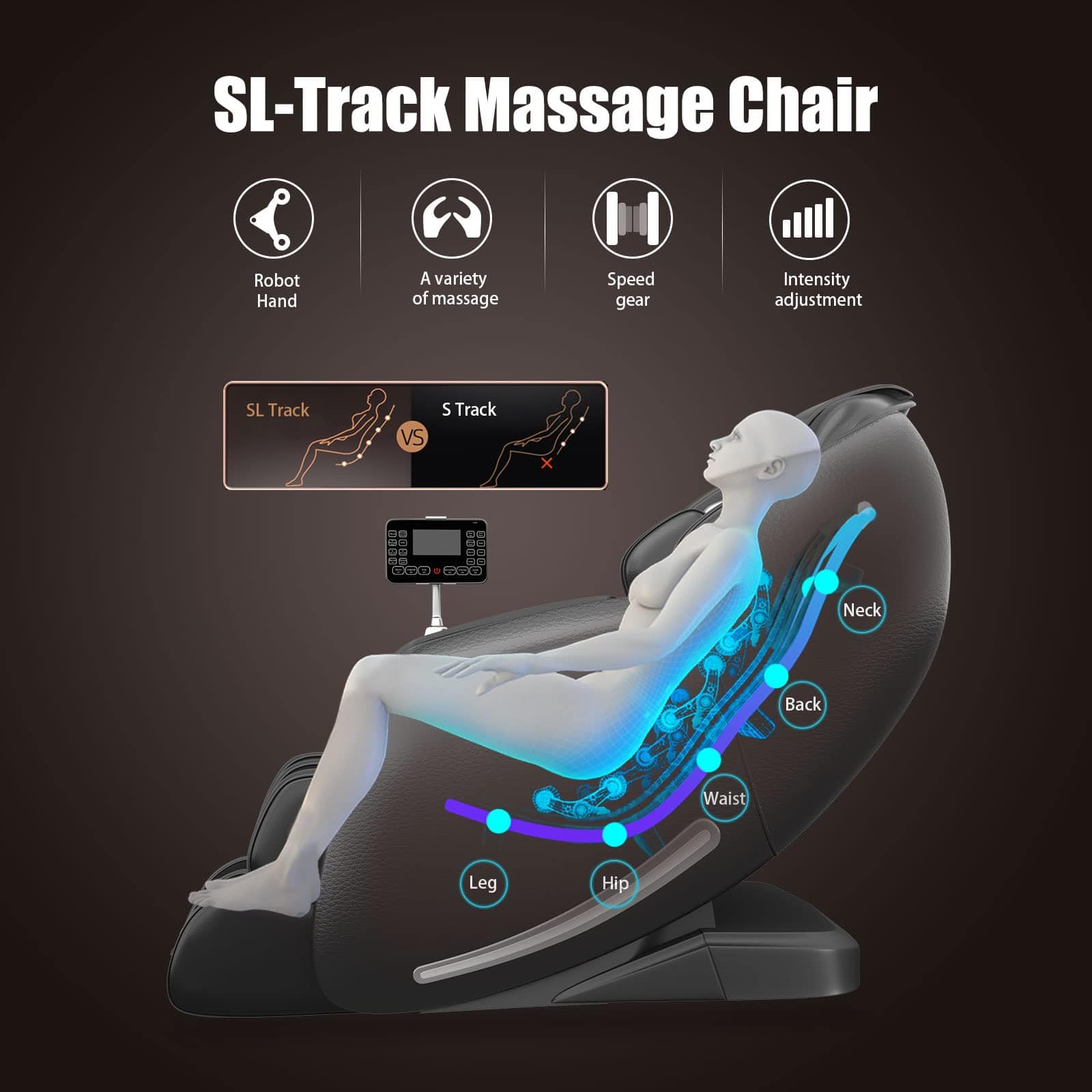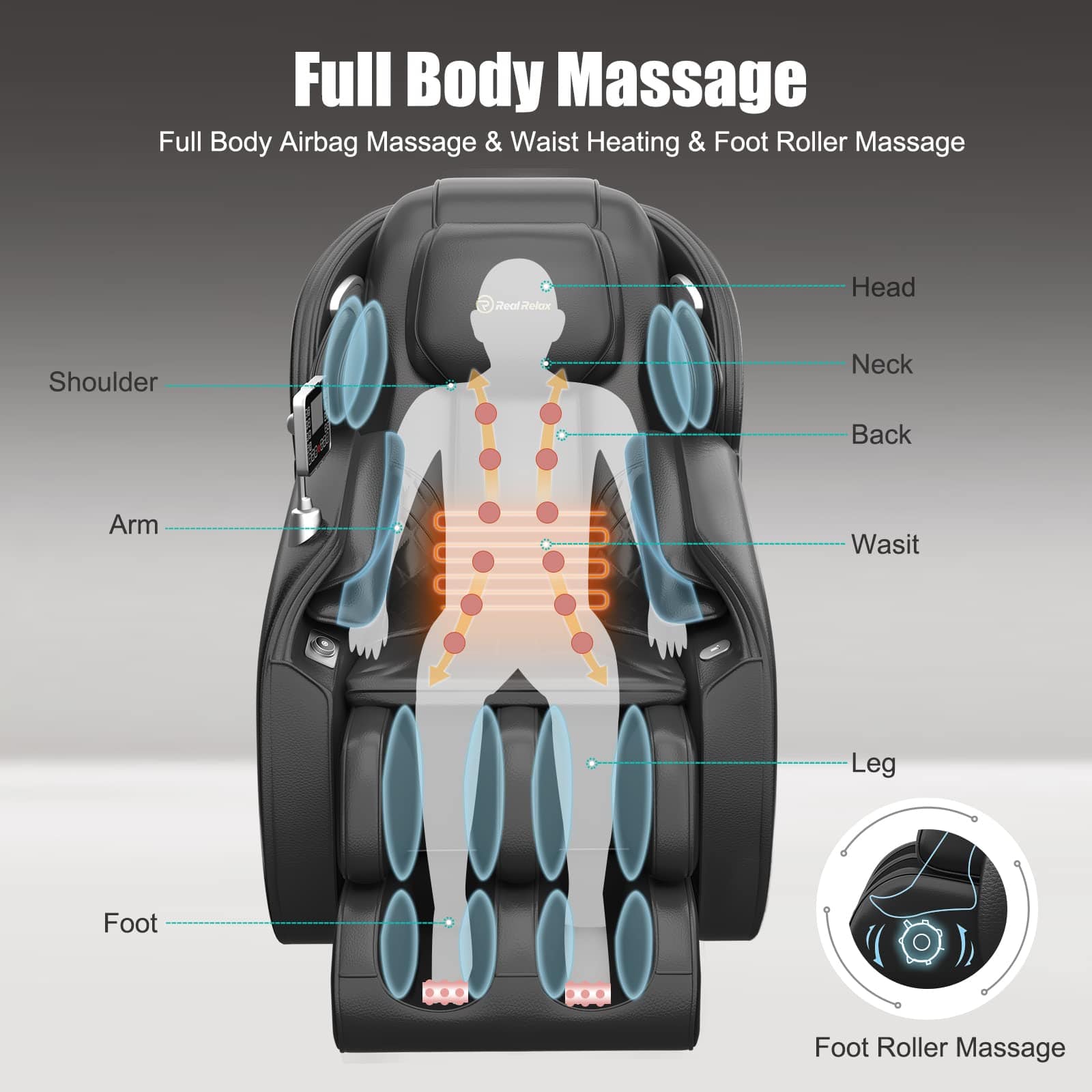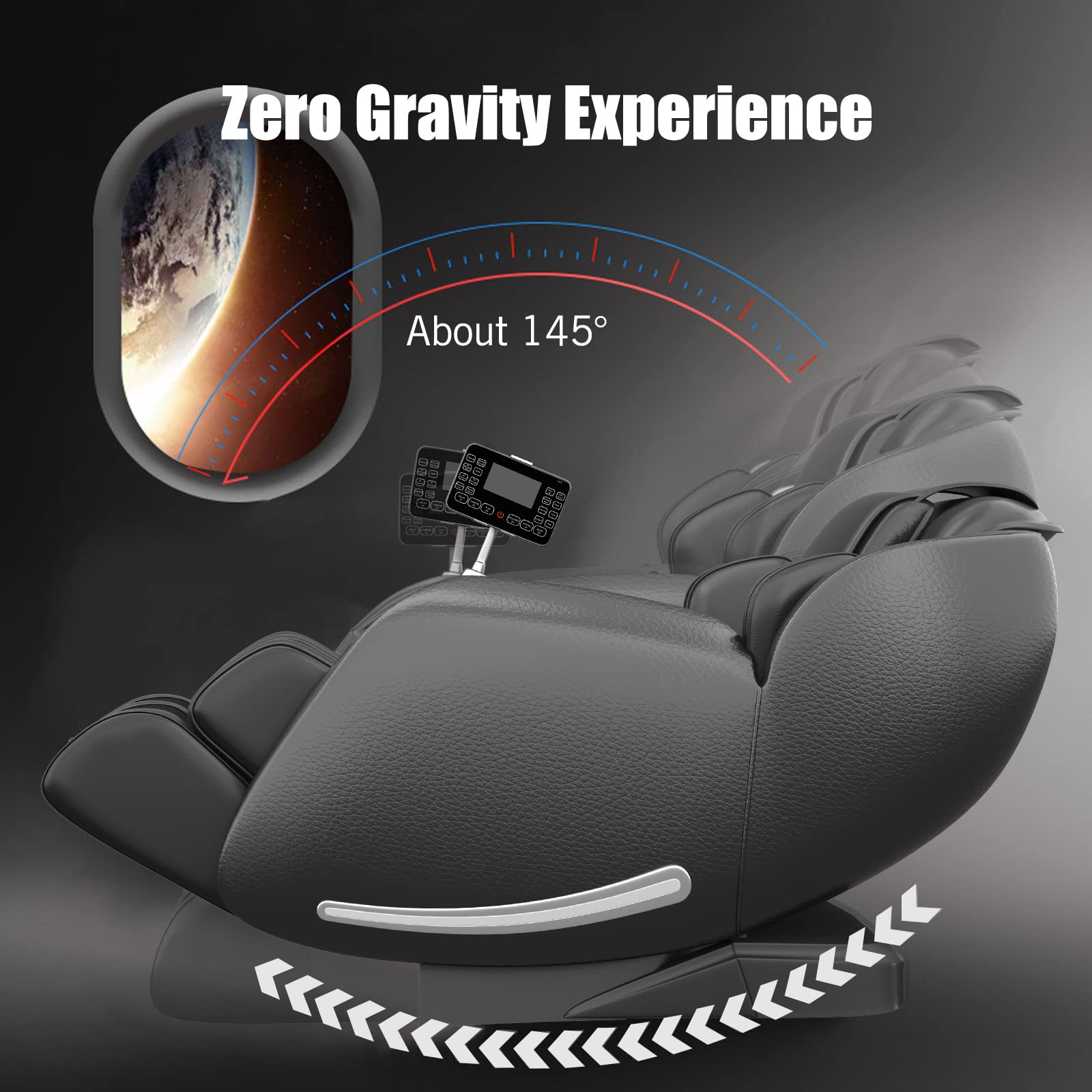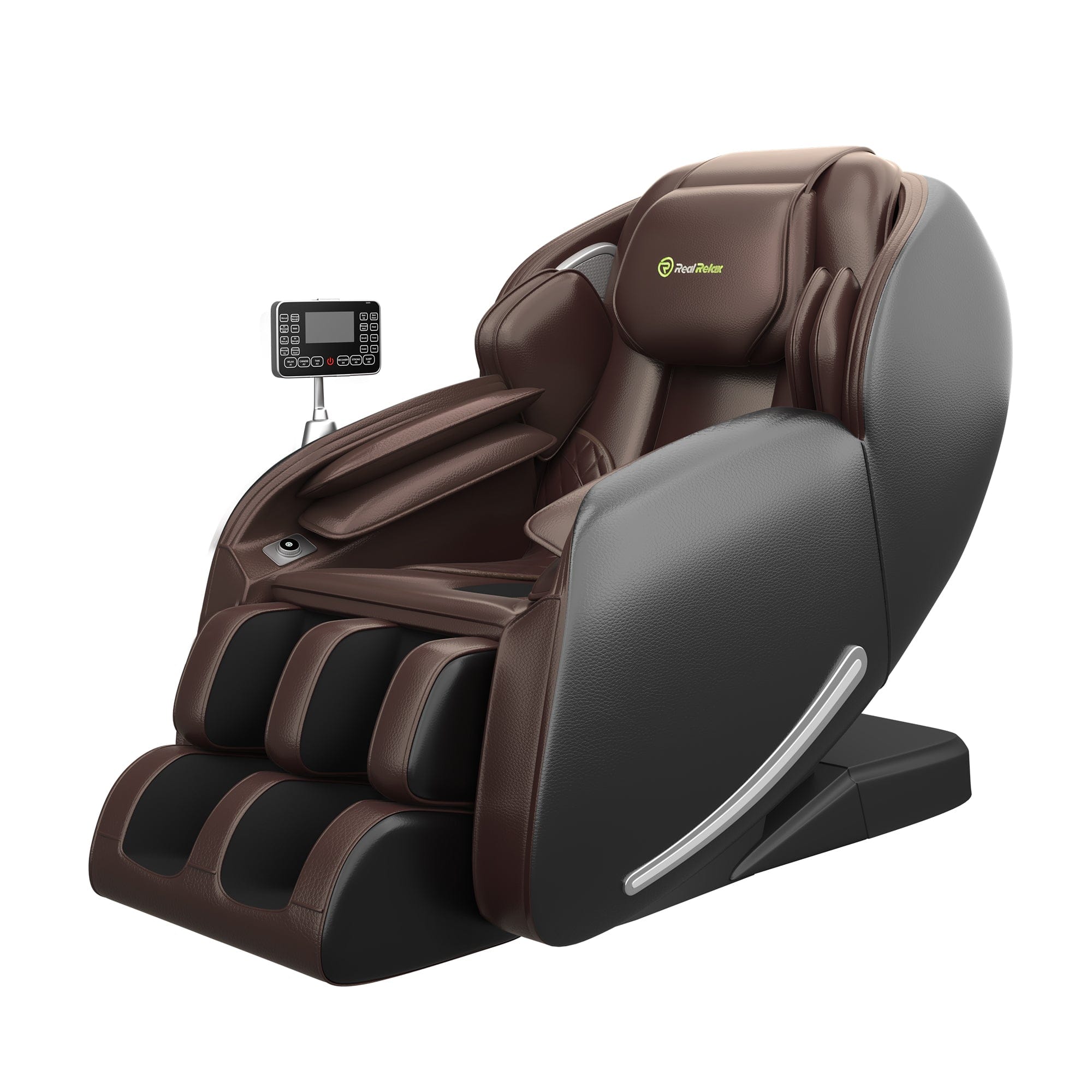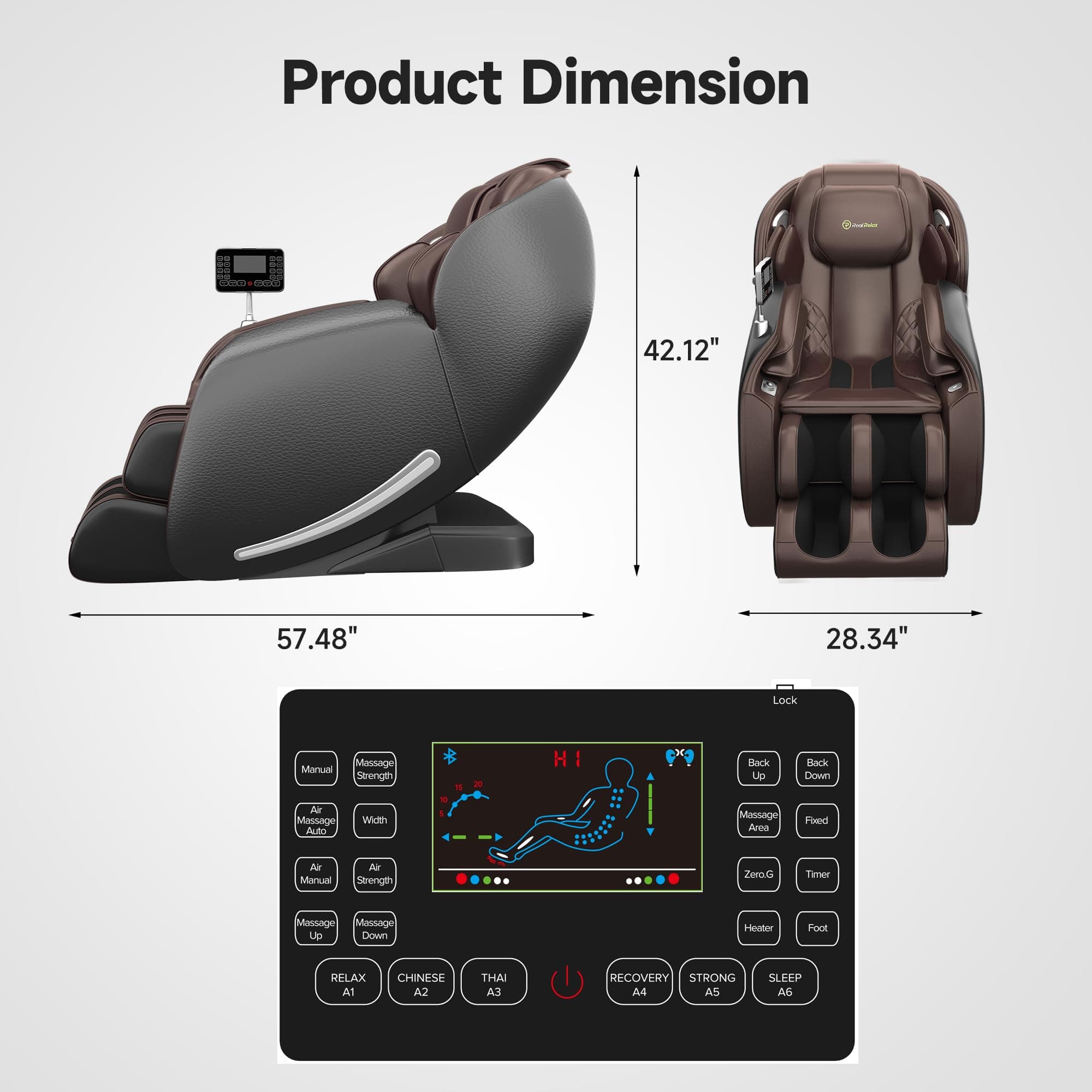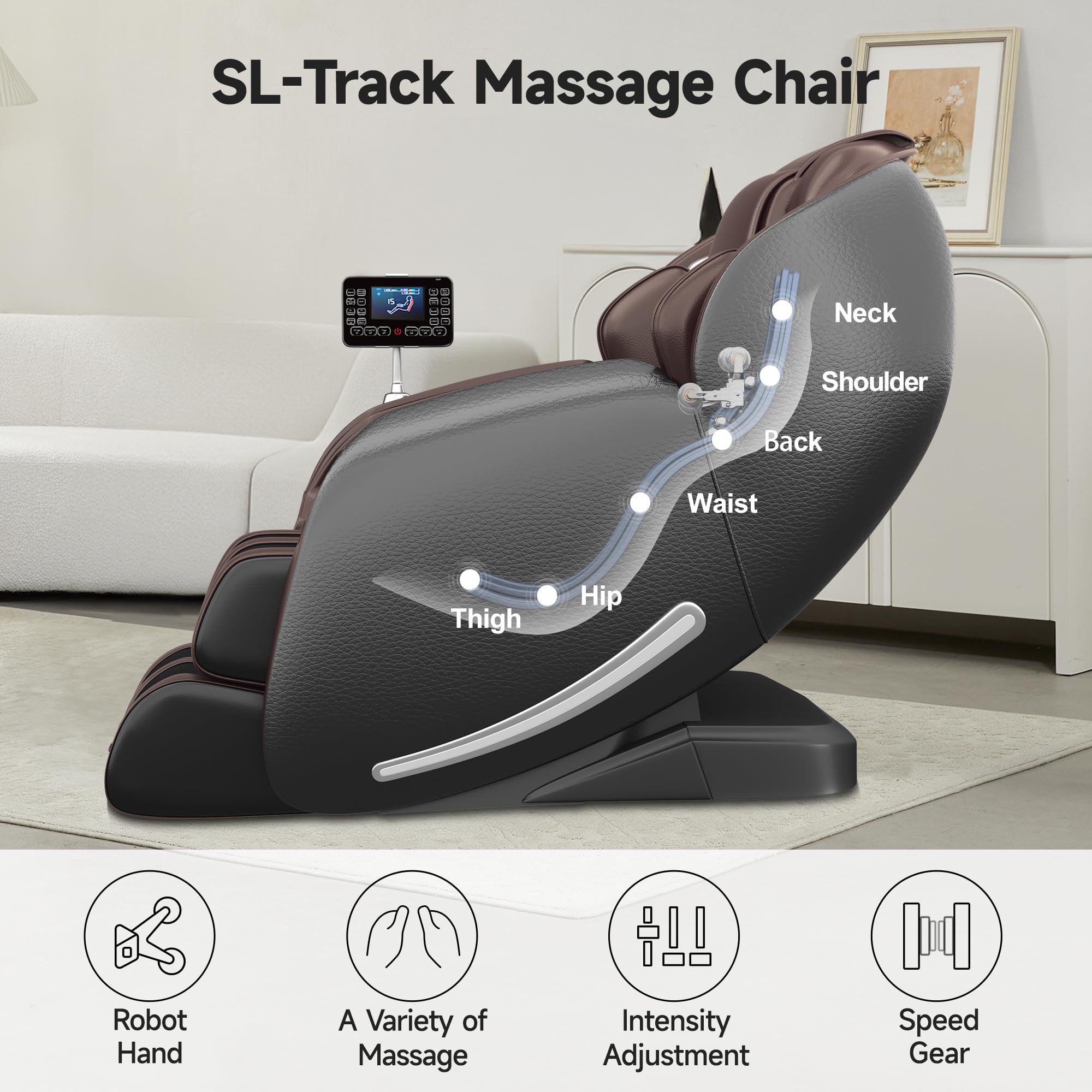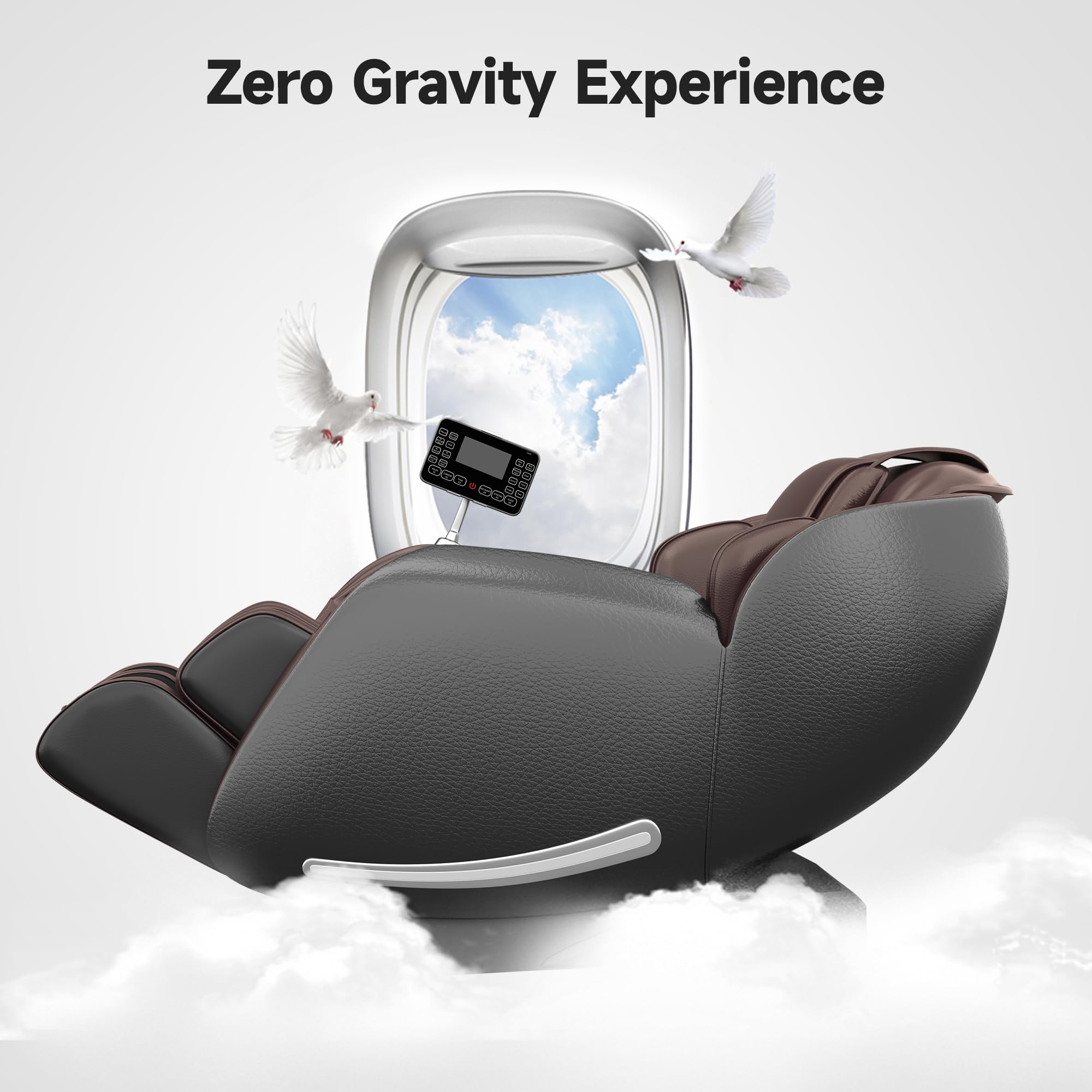Let’s talk about something a lot of folks with sleep apnea might be curious about: are massage chairs safe to use? If you’ve ever sunk into one of those amazing massage recliner chairs and thought, “Wow, I could fall asleep in this thing,” you're not alone. But if you're also one of the millions dealing with sleep apnea, there are a few things to keep in mind before you make that massage chair your new favorite nap spot.
What’s Sleep Apnea Again?
In simple terms, sleep apnea is when your breathing stops and starts while you sleep. Not just regular snoring — this is the kind where your airway gets blocked or your brain forgets to tell your body to breathe. It can happen dozens (even hundreds!) of times a night.
The most common kind is obstructive sleep apnea. Your throat muscles relax too much, your airway closes, and boom — no air. You wake up gasping, snorting, or sometimes not even knowing it happened. That’s why a lot of folks feel totally wiped out in the morning, even after what seems like a full night's sleep.

Many people with sleep apnea use a device called a CPAP, short for Continuous Positive Airway Pressure. It’s a mask that gently blows air into your nose or mouth to keep your airway open. Not the most glamorous bedtime gear, but it works.
Where Do Massage Chairs Come Into This?
A full body massage chair is exactly what it sounds like — a chair that gives you a head-to-toe massage using rollers, airbags, heat, and sometimes even a little vibration. Some of them recline, some heat up, some even give you that amazing zero gravity massage chair experience where you feel weightless.
If you’ve got sleep apnea, you might be wondering if using one of these chairs - especially to relax or nap - is a good idea.
Good news? Massage chairs are generally safe for people with sleep apnea. But like most things, there are a few do’s and don’ts to think about.
The Good Stuff: How Massage Chairs Can Help
Let’s start with the positives, because there are quite a few:
1. Relaxation for Better Sleep
Massage helps your body chill out. If you’re tense, anxious, or stressed, that can mess with your sleep. A massage recliner chair can calm your nervous system, loosen tight muscles, and ease you into a more restful state — all good things for people who struggle to get deep, restorative sleep.
2. Improved Breathing (Kinda)
Okay, a massage chair won’t “fix” sleep apnea. But if you carry a lot of tension in your chest, neck, or shoulders, loosening those areas up might help your breathing feel less restricted. Some people find they breathe a little easier after a session in a recliner with heat and massage, especially if it's set at an angle that helps open the chest.
3. Zero Gravity Position
One of the coolest features of some massage chairs is the zero gravity mode. It reclines your body in a way that evenly distributes your weight and takes pressure off your spine and chest. This position can help some folks with sleep apnea breathe more easily — especially if you're not lying totally flat.
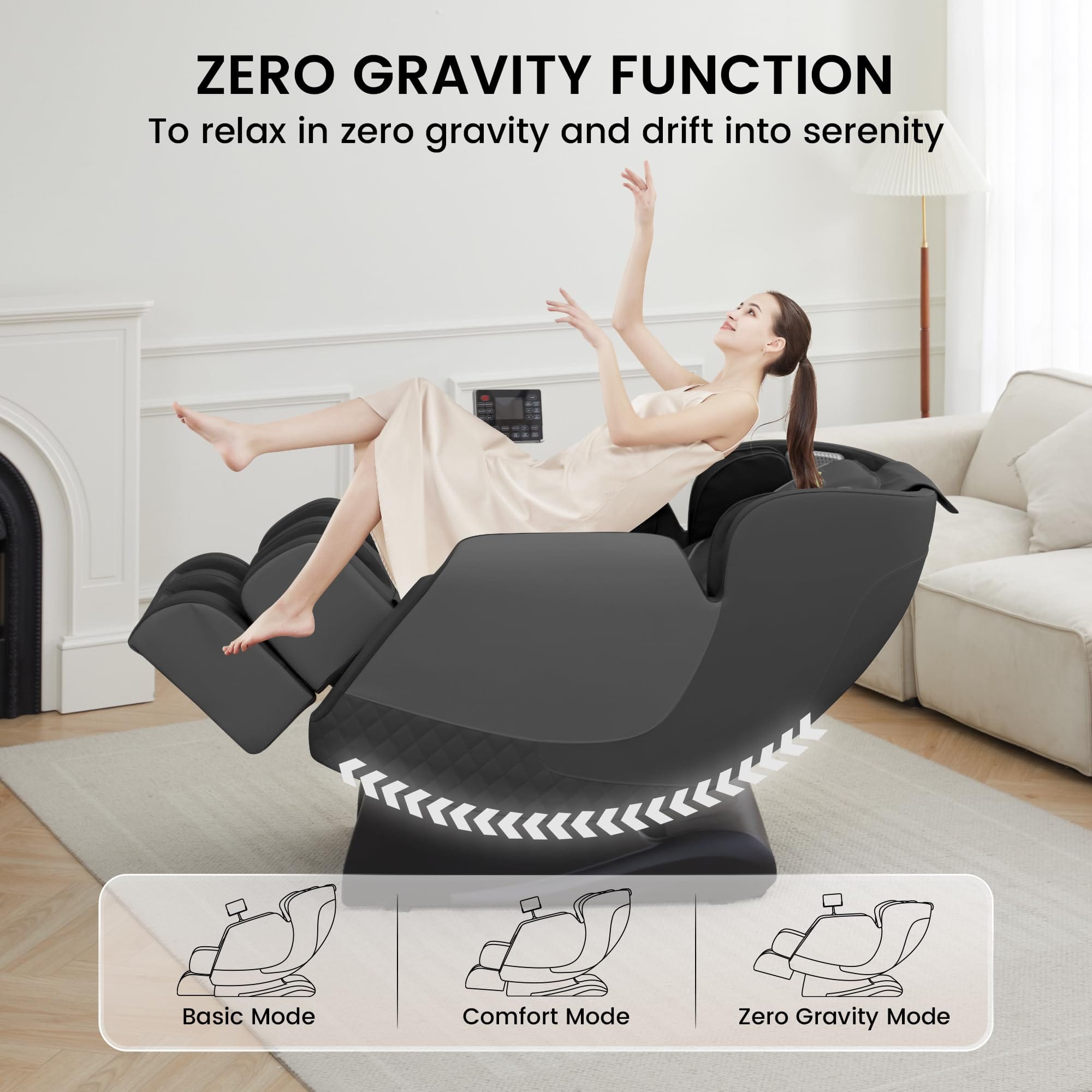
Real Relax Favor-11 Zero Gravity Massage Chair
4. Pre-Bed Routine Boost
Using a massage chair before bed can be part of a relaxing nighttime routine. It might not treat your sleep apnea, but it could make it easier for you to fall asleep once you hit the actual bed (and your CPAP machine).
What to Watch Out For
Now, before you ditch your bed altogether and start sleeping in your full body massage chair, hold up. There are some things you should definitely consider.
1. Don’t Rely on It for Sleep
Some people with sleep apnea doze off in recliners — it happens. But sleeping in a massage chair every night is not a good substitute for a proper sleeping setup, especially if you’re supposed to be using a CPAP. Chairs aren't designed to support long-term sleep, and you could end up with back or neck pain, or worse — unmonitored apnea episodes.
2. CPAP Compatibility
If you’re using a CPAP machine, you’ll need to make sure your mask stays on and in the right position, even when you recline. Some massage recliner chairs might push your head forward or tilt you in a way that makes your mask shift or leak. That defeats the whole point of using the machine in the first place.
3. Avoid Sleeping Flat
Lying flat on your back can make obstructive sleep apnea worse, especially if you're not using CPAP. A good zero gravity massage chair might avoid this, but traditional flat recliners could cause your airway to collapse more. That’s not something you want happening while you're dozing off.
4. Too Much Stimulation
Some people find that certain types of massage — especially intense rolling or tapping — wake them up more than calm them down. If your chair's settings are too aggressive, it might rev you up instead of relaxing you. Save the deep tissue settings for midday use and keep it gentle before bedtime.
Tips for Safe Use
If you’ve got sleep apnea and want to enjoy your massage chair, here are a few common-sense tips:
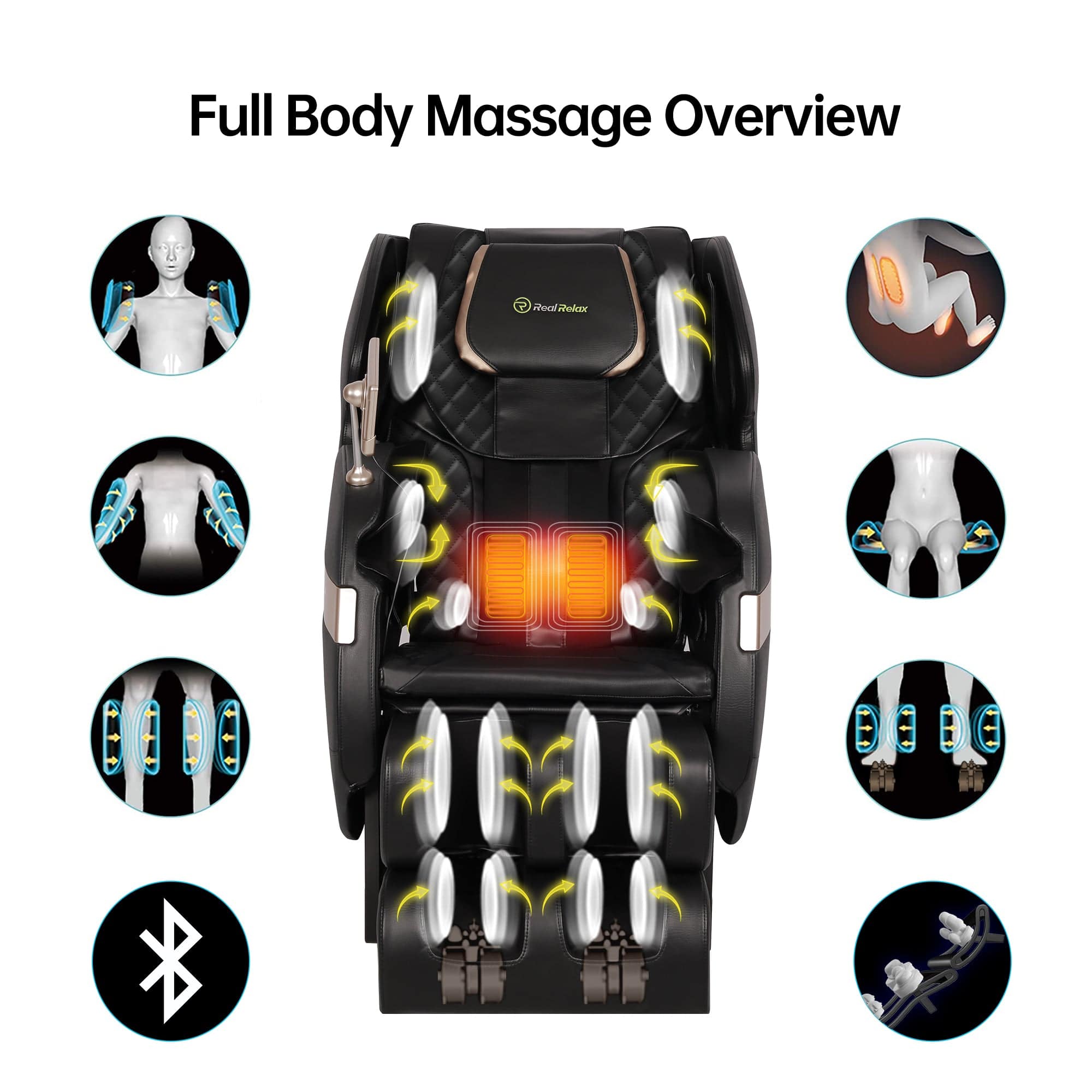
Real Relax Favor-03 ADV Full Body Massage Recliner Chair
-
Use it to relax, not to sleep — Keep your actual sleeping hours in bed, with your CPAP if prescribed.
-
Stick to gentle settings before bed — Focus on heat, light kneading, or stretching modes.
-
Try the zero gravity mode — It may help you breathe easier than lying flat.
-
Talk to your doctor — Especially if you’re using the chair regularly and have moderate to severe sleep apnea.
So, are massage chairs safe for people with sleep apnea?
Yep — generally, they’re totally fine. Just be smart about how you use them. A good massage recliner chair can absolutely help you unwind, relax your muscles, and prepare for a better night’s sleep. Just don’t count on it to replace your CPAP or solve the underlying issue.
Use it as a wellness tool — one that complements your sleep apnea treatment, not competes with it. Whether you’re into a recliner with heat and massage, a fancy zero gravity massage chair, or a simple full body massage chair, enjoy it in moderation and listen to your body (and your doctor!).
Sweet dreams — and happy relaxing!



